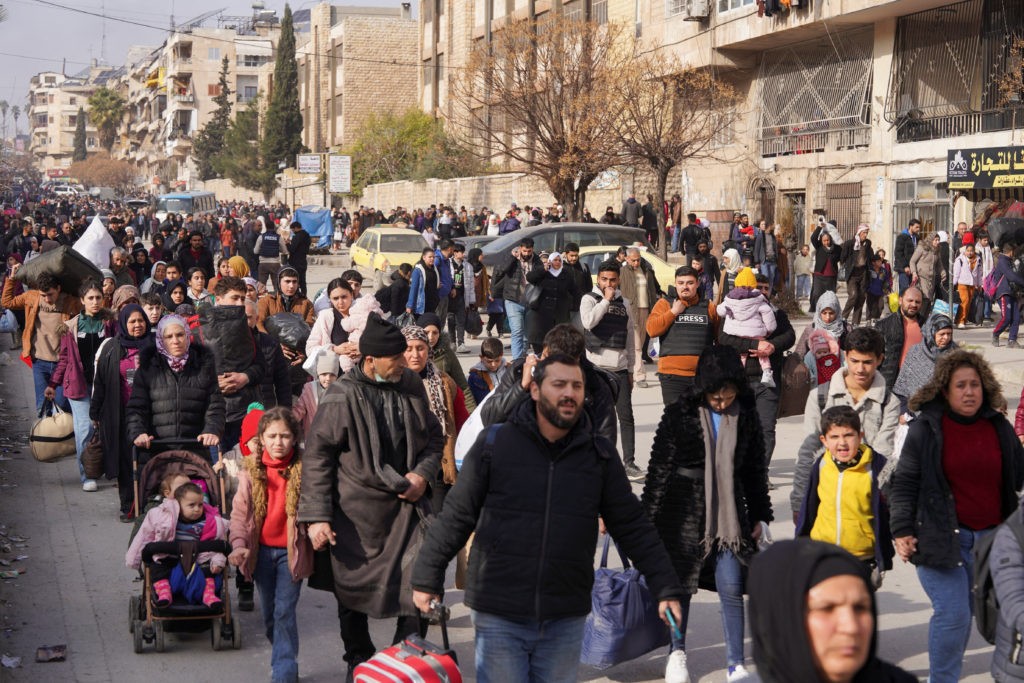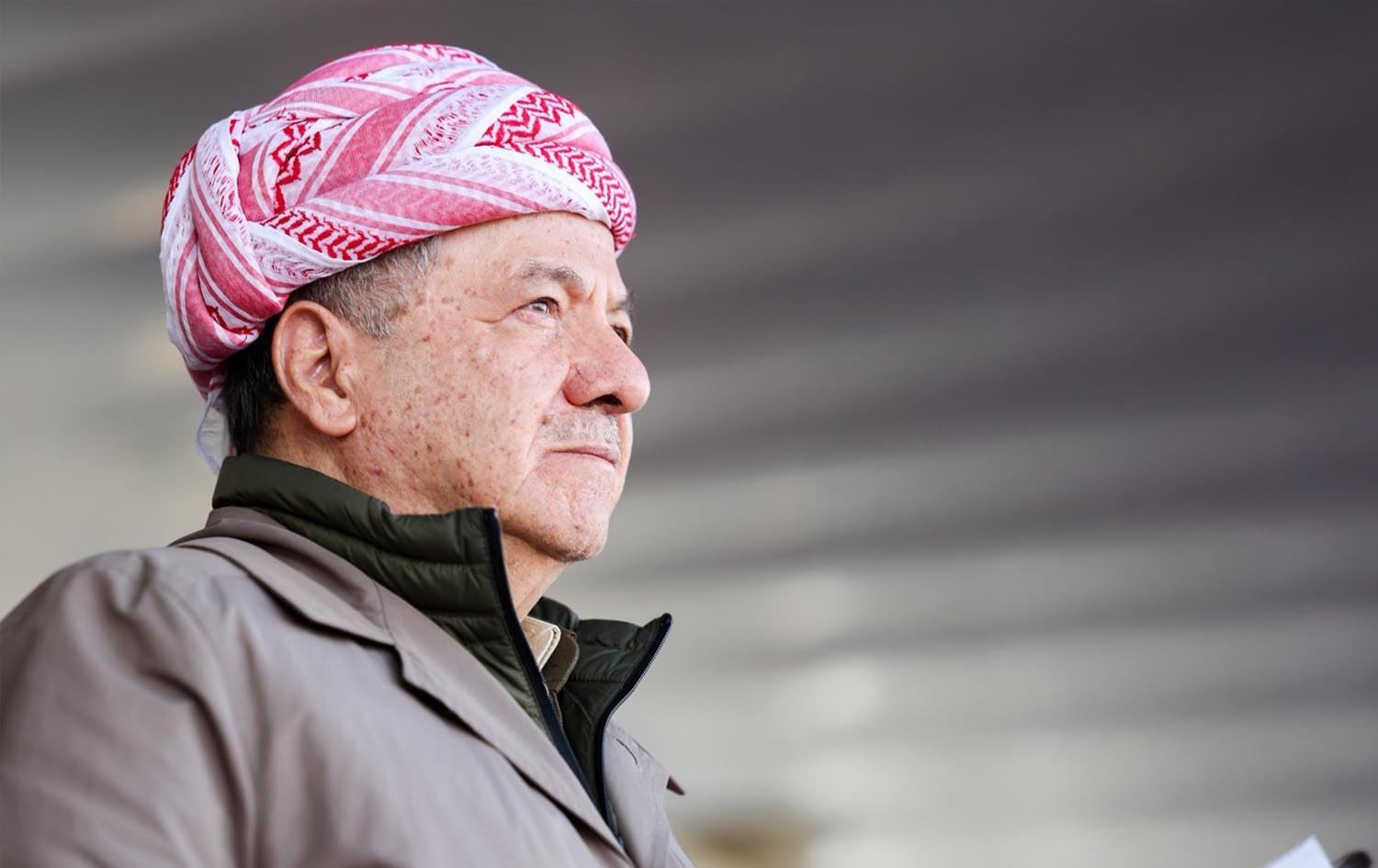The U.S. House Committee on Foreign Affairs is scheduled to pass a resolution on July 10 affirming the nature and importance of the support of the United States for the religious and ethnic minority survivors of genocide in Iraq.
The resolution – which – which was introduced by Democratic Representative Representative Elissa Slotkin on June 23, 2023 – – supports “greater regional integration for minority groups in Iraq and encourages the Secretary of State to promote opportunities for affected minority groups to achieve greater administrative autonomy within the federal structure of the Republic of Iraq.”
The resolution underlines that the protection of the religious and ethnic minority communities of Iraq should be a policy priority of the United States and the international community, and supports the safe, dignified, and voluntary return of the displaced peoples to the territories of Mosul, Al-Ba’aj, Sinjar, and the Nineveh Plain, as well as the restoration of security, stability, and economic opportunity in those areas, as well as the restoration of security, stability, and economic opportunity in those areas.
Additionally, it supports the restoration of homes, schools, churches and other religious sites, and community buildings of religious and ethnic minority communities in these regions. The resolution asserts that restoration efforts. The resolution asserts that restoration efforts should receive a specific and enduring budget allocation by the government of Iraq, as well as continued support from international aid donors.
It also supports effective representation in consultation with members of the religious and ethnic minority groups religious and ethnic minority groups in Iraq.
The Yezidi genocide perpetrated by ISIS in August 2014 in Sinjar resulted in the deaths of thousands of people, with many more being displaced to camps in the Kurdistan Region. Almost 10 years later, thousands of Yezidi women and girls are still missing.
The U.S. Secretary of State declared on March 17, 2016, and again on August 15, 2017, that ISIS is responsible for genocide, crimes against humanity, and other atrocities against religious and ethnic minority groups in Iraq and Syria, including Shi’a Muslims, Christians, and Yezidis, among other religious and ethnic groups.
In October 2020, the Iraqi federal government and the Kurdistan Regional Government signed the Sinjar Agreement with the support of the UN, with the aim to stabilize the situation in Sinjar, remove militia groups, and allow the return of displaced Yezidis.
However, the agreement has not been implemented yet.
Read More: Sinjar Agreement Not Implemented: USCIRF
The annual report of the U.S. Commission on International Religious Freedom published on May 1 called on the United States to use diplomatic channels to encourage Baghdad and Erbil to implement the Sinjar Agreement.
The U.S. Under Secretary for Civilian Security, Democracy, and Human Rights Uzra Zeya during a visit to the Lalish Yezidi temple on May 10 called on Baghdad to “address concerns over the role of militias in areas liberated from ISIS such as Sinjar and the Nineveh Plain.”

